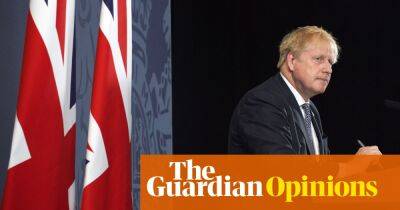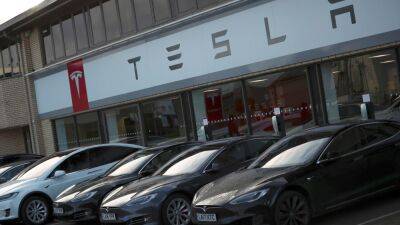‘Over-the-top alarmism’: economists dismiss concerns wage rises cause inflation
The recent spurt in inflation has little do with workers being paid more, economists say, warning the claim that wages increases could set-off inflation is “over-the-top alarmism”.
Debate over how much the lowest-paid workers should receive has flared during the election campaign after the ACTU this week raised its minimum wage claim to the Fair Work Commission to 5.5% from an earlier goal of 5%, after March-quarter consumer prices spiked.
The Labor leader, Anthony Albanese, on Tuesday said he “absolutely” supported wages keeping up with inflation, prompting the government to accuse him of making up policy on the run.
Jim Stanford, an economist and director of the Centre for Future Work, said worries that a wage-price escalation would kick off if wage increases reached 5% a year were overblown. Such increases had been “normal” in the first decade of this century, with three years of such rises, and the economy could cope with their return.
“This over-the-top alarmism shows how much the goalposts have shifted after nine straight years of historically weak wages growth,” Stanford said. “In most countries it would be seen as desirable that wages would finally show some vitality.”
OECD data also showed the minimum wage – set by the commission at $20.33 an hour for the current fiscal year – has been falling as a proportion of median Australian wages since 1999. Australia’s ratio is now near the OECD average, and lower than countries such as the UK, which has lifted the ratio from 41% to 58% over that time.
The seven-member Fair Work Commission panel will announce its minimum wage verdict by late May or early June. Typically, they take into account the five minimum wage objectives and consider the headline CPI and underlying
Read more on theguardian.com











![Tron [TRX]: Why an extended rally depends on these conditions - ambcrypto.com](https://finance-news.co/storage/thumbs_400/img/2022/6/9/29040_mah.jpg)
![Monero [XMR] kicks off tail emission; is it enough to trigger some upside - ambcrypto.com](https://finance-news.co/storage/thumbs_400/img/2022/6/9/29039_6gr.jpg)







